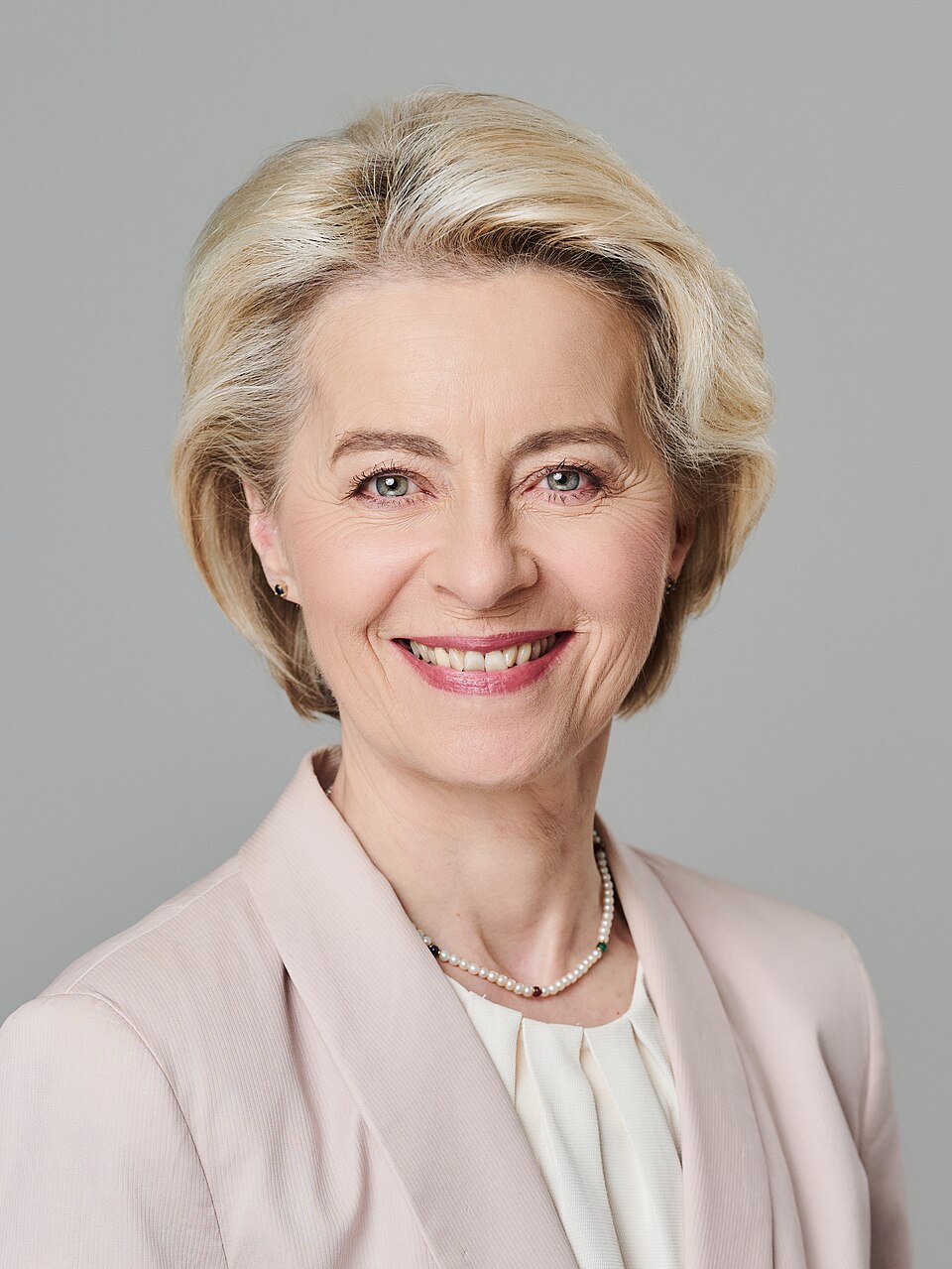
Introduction
Ursula von der Leyen, the current President of the European Commission, has emerged as a key figure in global politics, particularly in light of the evolving challenges facing the European Union (EU). Her leadership has come to prominence during a time marked by geopolitical tensions, public health crises, and the pressing need for sustainable economic policies. Understanding von der Leyen’s role is crucial for comprehending the future trajectory of the EU and its influence on global affairs.
Leadership During Crisis
Since her appointment in December 2019, Ursula von der Leyen has faced several significant challenges, including the COVID-19 pandemic and the subsequent economic fallout. Under her tenure, the EU has mobilised a historic recovery package worth €750 billion to support member states in rebuilding their economies. This initiative, known as NextGenerationEU, is expected to spur growth and facilitate a green transition across Europe.
In addition to economic recovery, von der Leyen has placed a strong focus on the EU’s response to climate change. Her commitment to achieving carbon neutrality by 2050 is central to her agenda, with the European Green Deal marking a milestone in environmental policy. This initiative not only aims to reduce greenhouse gas emissions but also seeks to create jobs and promote sustainable innovation.
Global Influence and Challenges
Ursula von der Leyen’s role extends beyond the EU borders, as she has engaged in diplomacy on issues ranging from trade relations to security partnerships. Her recent involvement in the EU’s response to the Ukraine crisis, including sanctions against Russia and support for Ukraine, underscores her proactive approach to foreign affairs. She has emphasised the importance of unity among EU member states and strengthened the bloc’s geopolitical positioning on the world stage.
However, von der Leyen’s leadership is not without its critics. There are ongoing debates regarding the EU’s handling of migration, the economic disparities among member states, and the challenges of digital transformation. These issues will require nuanced strategies and collaboration among EU leaders moving forward.
Conclusion
Ursula von der Leyen’s leadership is pivotal as Europe navigates complex challenges in the coming years. Her actions will likely shape not only the future of the EU but also its role in global affairs. As the EU continues to confront issues like climate change, economic recovery, and geopolitical tensions, von der Leyen’s approach will be a significant focus for both supporters and critics. The success of her policies may very well define her legacy and influence the direction of Europe in an ever-changing world.
You may also like

The Evolving Role of the Manager in Modern Business

Understanding the Current Political Landscape in the UK

The UKIP Party: Recent Developments and Future Outlook
SEARCH
LAST NEWS
- Remembering Wendy Richard: The Promise to Co-Star Natalie Cassidy
- How Did Anglian Water Achieve an ‘Essentials’ Rating for Mental Health Accessibility?
- Shai Hope Leads West Indies in T20 World Cup Clash Against South Africa
- What We Know About Weston McKennie: Future at Juventus and Past at Leeds
- What We Know About the Upcoming Live Nation Antitrust Trial